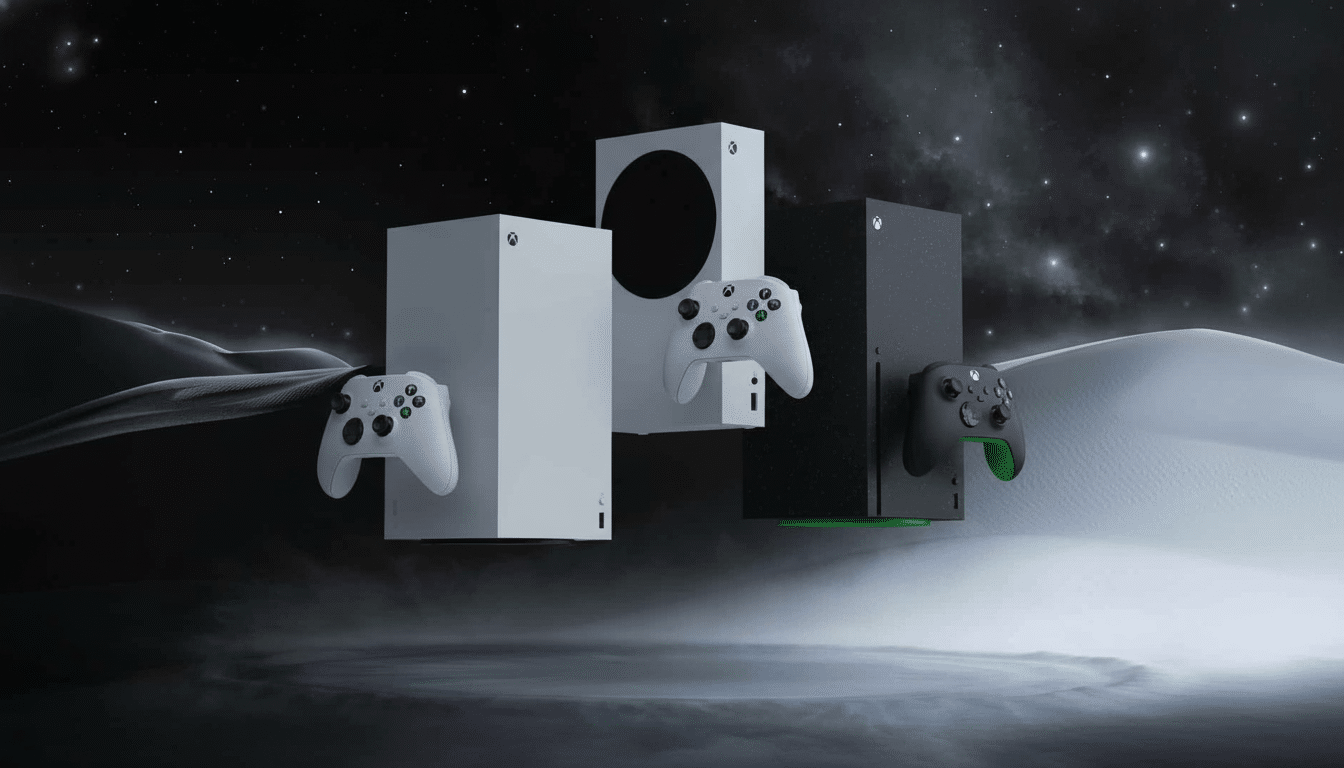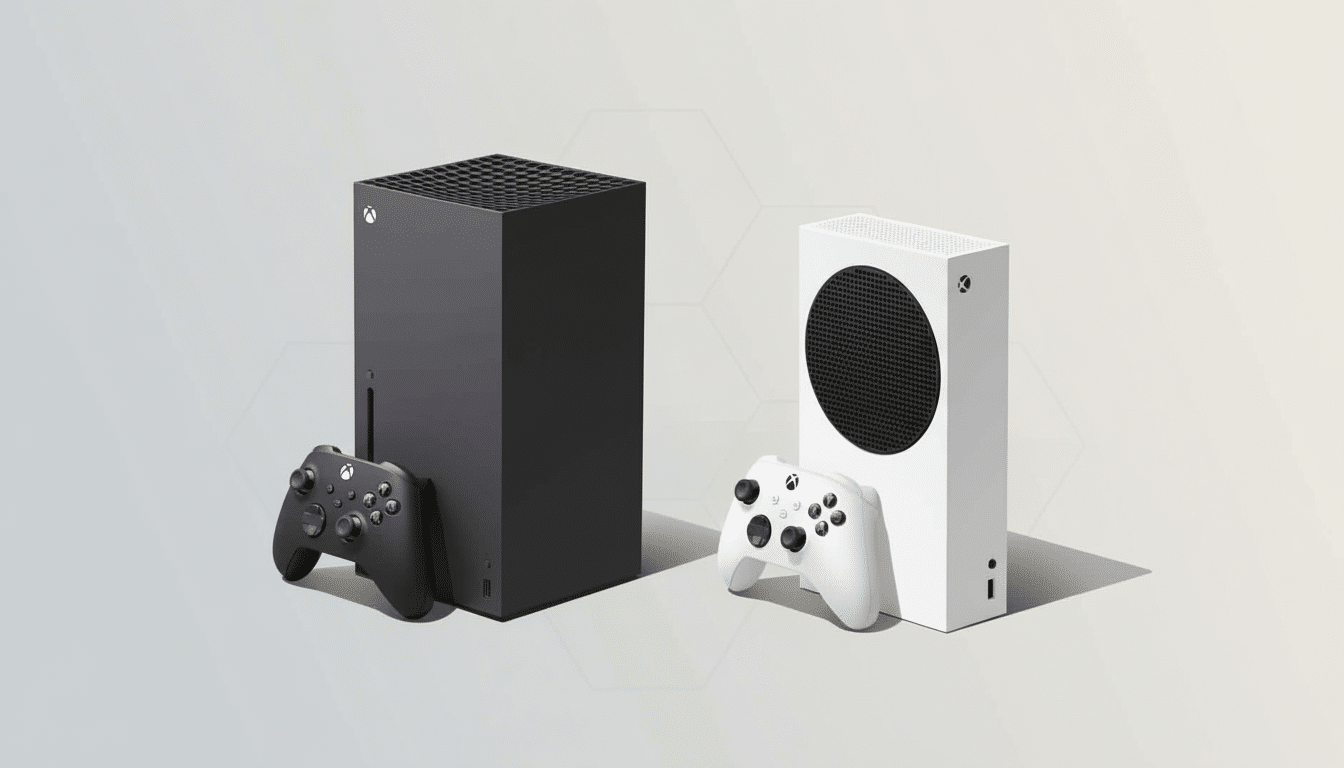The top executive of Xbox is indicating a clean break from decades of old habits. In a recent interview, Xbox president Sarah Bond said the idea to lock games to one box is “archaic,” and is evidence of how the biggest hits stay huge when they’re everywhere. Her argument reflects a market reality: communities gather around games such as Call of Duty, Minecraft, Fortnite, and Roblox precisely because friends can play together across gadgets.
For decades, exclusives were the bedrock of console identity. They shifted hardware, built brands, and established lasting loyalty loops. But the industry has evolved in a way that has shifted its center of gravity away from hardware toward services, cross-play, and persistent live games, where viewer size and engagement count more than boasting about processing prowess.

Why Xbox Is Rewriting the Playbook for Console Gaming
Xbox’s strategy now prioritizes reach. Scale will out; subscribers and cross-platform ecosystems reward scale (not walls). Microsoft has shared that it now has over 30 million Game Pass subscribers, and its cloud gaming option opens the door to new markets and devices that would never buy a console. More players mean more hours in-game, so more players equal in-game transactions and large content cycles.
The numbers support the thesis that ubiquity trumps exclusivity when it comes to blockbuster franchises. Circana’s sales charts reflect the extreme popularity that Call of Duty enjoys in the U.S. And this was not the first time that Call of Duty has repeatedly placed at or near number one on U.S. sales charts. How’s that for “anywhere”? Microsoft said recently that Minecraft has now sold over 300 million copies, a feat made possible thanks to its everywhere strategy. Epic has said Fortnite’s audience during peak events surpassed 100 million monthly players. These communities are platform-agnostic, and they expect the same from their games.
Actions That Match the Rhetoric on Cross-Platform Play
Xbox has increasingly shown its hand in the direction of this philosophy. Microsoft previously brought a few first-party titles to competing platforms earlier this year: Pentiment, Hi-Fi Rush, Grounded, and Sea of Thieves. Even Xbox’s longtime kingpins are getting out on the town, and if a Gears of War remaster or Halo: Combat Evolved gracing PlayStation consoles doesn’t convince you that old divisions are crumbling, it’s probably hopeless.
When Microsoft announced its acquisition of Activision Blizzard, it made public pledges to keep Call of Duty on competing platforms, and to broadly license cloud rights that would include deals like those announced with services such as Nvidia GeForce Now and Boosteroid. Those concessions were more than mere regulatory box-checking; they formalized an approach that treats franchises as cross-platform networks first, console showcases second.
Looking toward the future, Microsoft executives have teased a next Xbox that behaves more like a PC, and have plans to support multiple storefronts, including Steam, the Epic Games Store, and GOG. As Xbox’s hardware leadership has described it in interviews, the goal is to reduce friction for developers and players alike who are crossing the line between console and an open ecosystem.

A Split Screen in the Industry as Strategies Diverge
Sony has already relaxed its position, porting marquee hits such as God of War, Marvel’s Spider-Man, The Last of Us, and Horizon Zero Dawn to PC after some time. The tactic seems to be paying off: PlayStation called Helldivers 2 its fastest-selling game ever, selling over 12 million copies in its first months of release on PS5 and PC as word-of-mouth and cross-play generated buzz.
Nintendo, ever the outlier, is perennially finding new ways to demonstrate that system-selling games exist.
First-party exclusives are cultural events that move tens of millions of units, and the Switch’s top-sellers list is dominated by Nintendo-made games like The Legend of Zelda and Animal Crossing. That success underscores an important nuance: Exclusivity is not entirely obsolete — but it is growing more situational.
What It Means For Players And Developers
For players, a de-emphasis on exclusives suggests bigger lobbies, progress that seamlessly carries over, and fewer friends stranded by hardware choices. For developers and publishers, the payoff is a larger addressable market and more consistent, service-based revenue across consoles, PC, and the cloud.
The trade-off is brand identity. If exclusives fall by the wayside, platform differentiation has to come somewhere else: better services, robust backward compatibility, smart hardware features, trusted anti-cheat and mod support, and a frictionless store experience. That’s the battleground Xbox seems to be picking — an ecosystem play rather than a single-box bet.
Bond’s “antiquated” crack is no throwaway put-down; it’s a signpost. Xbox is swinging for the fences, embracing a future where the biggest games aren’t shackled to any one device and winning becomes less about how many people purchase any specific piece of plastic than it is about community size and engagement.

